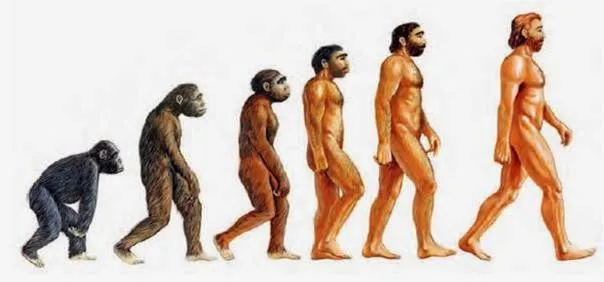The researcher at the Pasteur Institute in Paris and Scientific Director of the National Center for Scientific Research (CNRS) of France, Luis Quintana-Murci, explained to Efe that natural selection is not "a path of roses" and has had as a price to pay more than paying morecases of celiacy and diabetes.
According to Quintana-Murci, the same genetic variations that have protected us centuries ago of some bacterial infections are those that have now "returned against us" and make us more vulnerable to autoimmune diseases such as celiacía, lupus or certain types of types ofdiabetes.
The researcher participated today in Congress B · Debate on human genetics, where he delivered a talk about human adaptation to pathogens throughout history.
Quintana-Murci said that over time our immune system has become much more "combative", something that contrasts with the current era, when the human species has to face a much lower pathological pressure thanks to medical advances such as antibioticsand vaccines.
Therefore, the mutations of our body that occurred centuries ago to protect us from epidemics that no longer affect us, such as plague or cholera, can now trigger other pathologies, such as anemia.
The director of the French CNRS recalled that for thousands of years the humans had to adapt to different climates, nutritional resources and pathogens, and assured that their work is to study how these genetic adaptations allowed the past generations to survive the diseases of the time.
"Dissecting what happened in the past helps us to understand the present and know our relationship with infectious pathogens and diseases," added the researcher.


